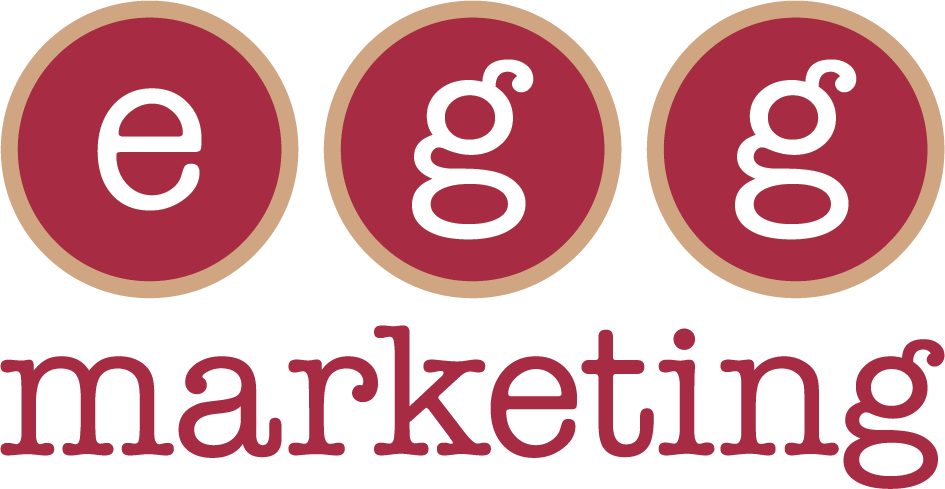8 Essential Content Planning Tools for Every Marketer
Content marketing is on the rise, but marketers often find it difficult to integrate content creation with managing social media channels and other brand communications. The truth is, however, that content marketing feeds all marketing and there are lots of content planning tools out there that help to effectively streamline the process and integrate it with other key areas.
Here are 8 tools you should definitely consider using if you want to make the most from each content marketing campaign.
#1. Marketing.ai
This is one of the content planning tools that will help you organize content creation and editing process. You can schedule your posts in a smart calendar and then track them all to check their reach and performance. But that’s not the end of it. You can create buying personas and purchasing cycles to provide you with inspiration for your content. Marketing.ai also offers a surge of key metadata which is indispensable for reaching different audience types in your marketing funnel.
#2. Kapost
Kapost integrates all content marketing processes on one dashboard where you can create and manage different content types (blog posts, videos, infographics, social media posts, ebooks or landing pages). It helps teams to collaborate because each member has access to the dashboard, helping you to streamline the workflow on an editorial calendar with deadlines set for content assets and campaigns.
Kapost also helps in content distribution – you can do it with just a few clicks and then track the performance of your content with metrics, among them earned conversions and links. The tool helps you to measure the impact of your content marketing campaign on sales as well, and there’s no better way to ensure that you’re doing a good job.
#3. BuzzSumo
One way to boost the reach of your content is having an industry influencer share it to their own network. This tool helps to choose the right topic and individuals, showing you what works for your competition and bringing you a wealth of actionable data.
Once you find key figures in your niche, BuzzSumo makes it easy to contact them with its Outreach feature where you can curate your list of influencers. Setting up Content Alerts, you’ll never miss out on new content recently published in your niche.
#4. GatherContent
GatherContent is a tool for organizing content on newly created or redesigned websites. It includes some powerful site mapping features on a user-friendly drag-and-drop interface to help you make the most from every minute of content planning.
The tool also enables collaboration, effectively streamlining your workflow and helping you to manage content in the form of projects, adding status approvals and deadlines to finished tasks. All data that can be of use to your sales team can be easily exported to any CMS.
#5. Sprout Social
If you’re running a small or medium-sized social media team, Sprout Social is your best pick. Easily the smartest content organizer out there, Sprout Social pulls data from all social channels and displays it on a single dashboard. All incoming messages land in a single place, helping your team reply to all of them without having to change interfaces all the time. You can only imagine what it does to your response time!
You’ll also get lots of contextual user information, which makes Sprout nothing short of a smart CRM. As you can imagine, Sprout is integrated with Salesforce, which helps sales teams to make the most from social engagement insights. You’ll also enjoy regular reports which make communicating key achievements of your team a piece of cake.
#6. Compendium
Compendium helps to manage different kinds of content at stages ranging from its production to organization. It features a smart editorial calendar tool that helps to map content and precisely schedule messaging, effectively helping you to stick to your key business objectives.
Compendium features a host of reporting and tracking functionalities – and all key metrics are displayed on a single dashboard. One look and you’ll see whether your content resonates with your target audience and how to improve it so it brings you closer to your goals.
#7. Oktopost
Oktopost will be just perfect if you’re marketing a B2B product or service. There are clearly not enough content planning tools like that on the market and most B2B marketing strategists have no choice but to use B2C solutions.
Using Oktopost, you can create goals for every campaign and then track the performance of your content to see whether it really brings you closer to your critical objectives. Moreover, you can monitor the reach of your posts and use a handful of practical content recommendations to scale up content production without your team breaking a sweat.
To top it all, Oktopost data can be easily synchronized with external CRMs to provide contextual information to your sales team.
#8. DivvyHQ
If spreadsheets give you a headache, DivvyHQ might be just the tool you were dreaming about. You can create a clear editorial schedule here, helping you to manage different types of content on one dashboard. You can set a different calendar for each campaign, client, website or content type. This tool makes collaborating much easier and boosts the performance of large dispersed teams which are together working on a project.
Using these tools, you can be sure to get the most from each and every piece of content. Sharing it with your audiences, you’ll ensure that it resonates with them and boosts your brand’s exposure on the web.
Image: Photospin
Amelia Knott is part of the team behind an ABN lookup platform – aubiz.net. She combines her marketing expertise with her zeal for writing.



